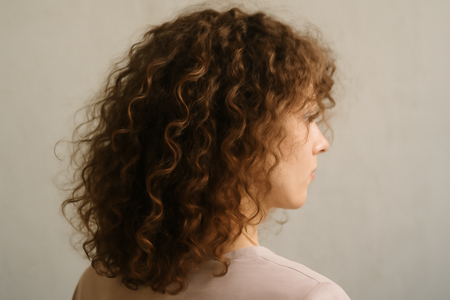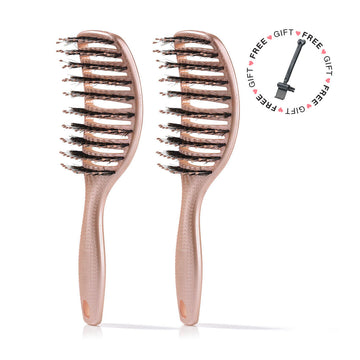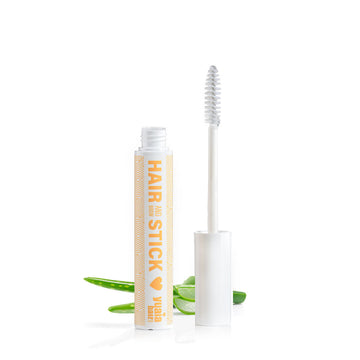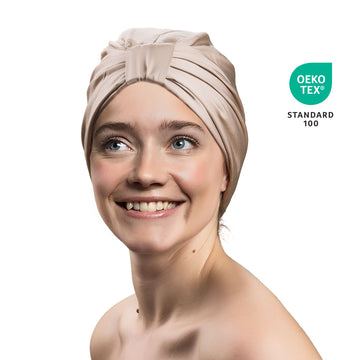
Why addressing frizz matters
Understanding and addressing frizz is important for maintaining healthy, manageable curls. By exploring the structure of curly hair, the effects of environmental influences, and the best care methods, we can better tackle this common issue. This post will delve into these topics to provide a comprehensive guide to managing frizz effectively.
What is the structure of curly hair?
Curly hair is uniquely structured, which contributes to its tendency to frizz. The hair's natural porosity and dryness make it more susceptible to frizz. Unlike straight hair, the cuticle of curly hair doesn't lie flat, allowing moisture from the air to penetrate the hair shaft. This results in swelling and, ultimately, frizz.
By understanding the underlying causes of frizz, those with curly hair can take proactive steps to manage it. From choosing the right products to adopting gentle handling techniques, there are various ways to keep frizz at bay and enjoy beautiful, defined curls.
 2-4 day UK delivery
2-4 day UK delivery
 25.000+ satisfied customers
25.000+ satisfied customers
 Satisfaction Guarantee
Satisfaction Guarantee

























